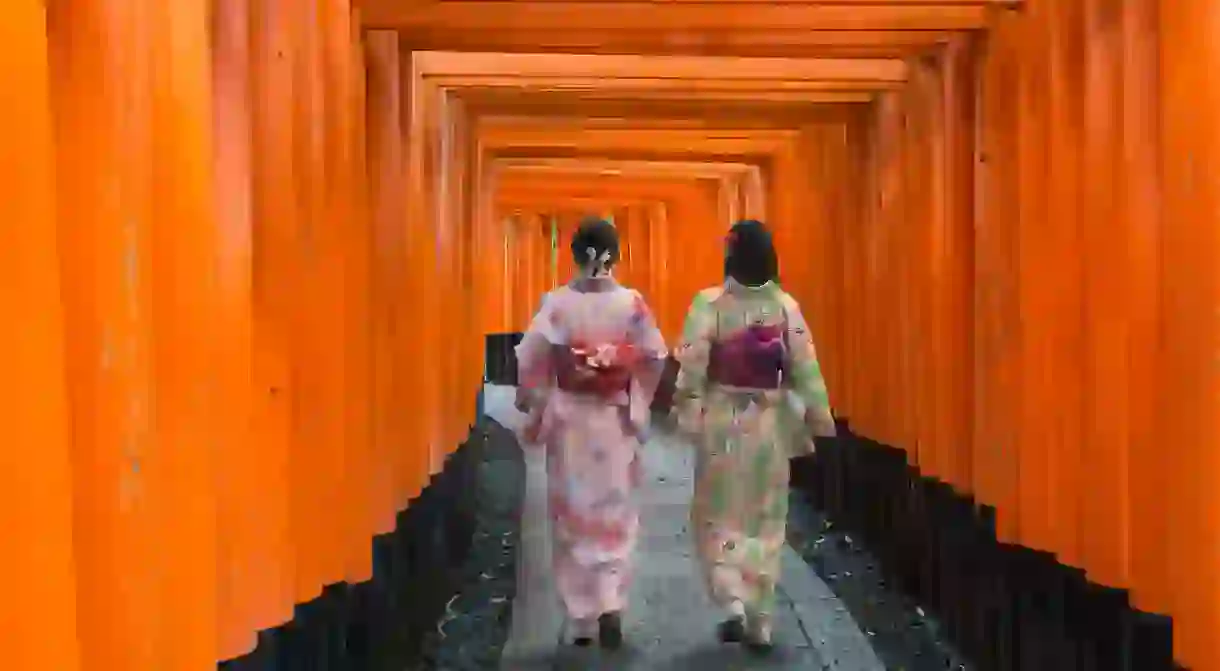Ikigai: The Japanese Secret to a Long, Happy Life

The search for meaning is inside all human beings. In Japan there’s even a specific word that encapsulates the importance of having a life purpose. Ikigairefers to an individual’s overarching motivator—something which injects joy into their days and can even add years to their life.
Pronounced I-key-guy, there is no direct English translation but, in essence, it’s about pinpointing the one factor that makes getting out of bed in the morning feel worthwhile. That thing needn’t be lofty, charitable or conducive to fame and fortune. It’s simply the priority around which everything else (often unconsciously) revolves.
Héctor García, author of Ikigai: The Japanese Secret to a Long and Happy Life, notes that it’s innate to Japanese people: “It’s a natural thing—they have a strong sense of purpose. Dedication and perseverance is everywhere in Japan.”
For some, especially big city professionals, this sense of dedication is related to their vocation. There are few things as fulfilling as doing meaningful work, but even those who don’t have a career-related Ikigai find purpose in the daily routine and satisfaction of earning. Perhaps that’s why mortality rates skyrocket once people retire.

While doing research for his book, García discovered that the rural-living Japanese population more commonly had an ikigai rooted in family or a wider sense of community—Japan, after all, is considered a collectivist society. Unlike the West, which encourages people to express their uniqueness and strive for personal betterment, Japanese people are willing to share in each other’s failures and successes.
“We jump from one job to another looking for more money and trying to be better than the next guy, but in the end you feel alone,” says García. “If you have a group, not only at work but when you try hobbies, you create a sense of purpose together with everyone else. There’s a [Japanese] word for that, too: kizuna. It means a chord or a bond that connects everyone.”
Nowhere in the country is this more evident than among the residents of Okinawa, a small island off the southernmost tip of Japan. Okinawans get a lot of attention from researchers for their joyful dispositions and longer-than-average lifespans—a longevity García credits, in part, to an ikigaibased on social and familial bonds. “You don’t need huge ambition to be very happy, you just need a bunch of friends to drink green tea and talk with. Get rid of the mess and at the core is your ikigai,” he explains.
Defining your own ikigai is about paying attention to what makes your soul sing. For Tokyo-based artist Yuta Toga it’s an editing process—add things you enjoy and delete the stuff you don’t. “Do what you like more and more,” he advises. “And slow down when doing what you like—don’t do it in a hurry. Your ikigai is in those things you like doing everyday.”
In other words, the secret to your life purpose is hiding in plain sight.













